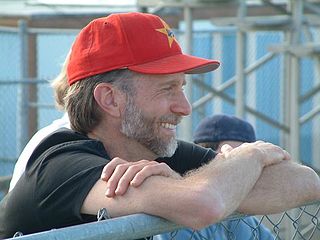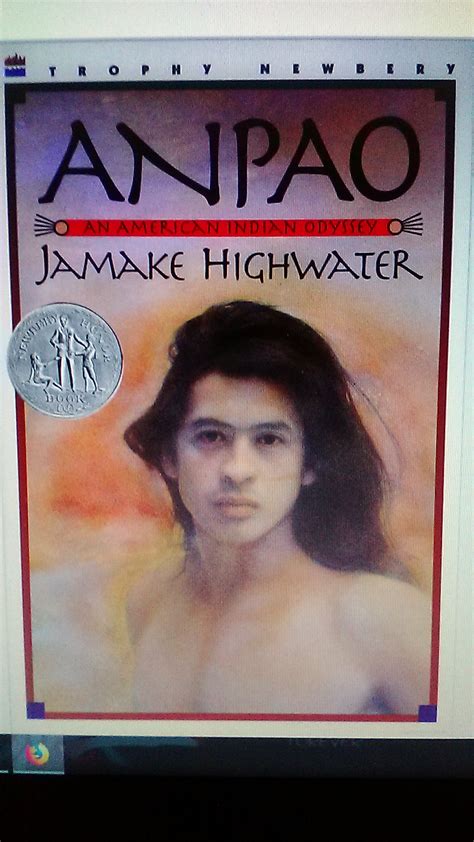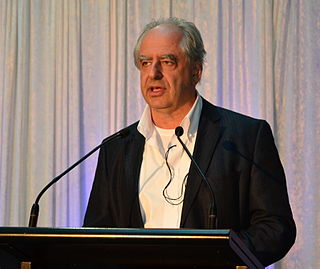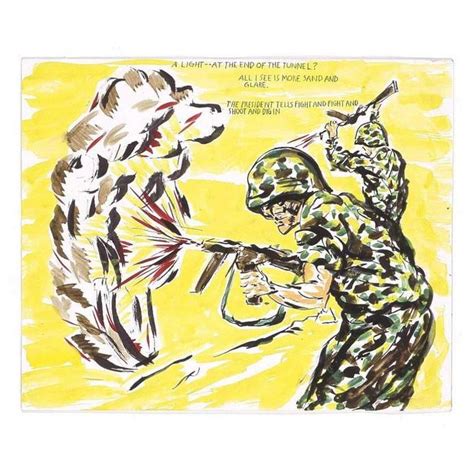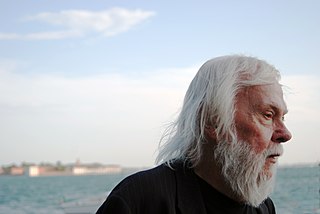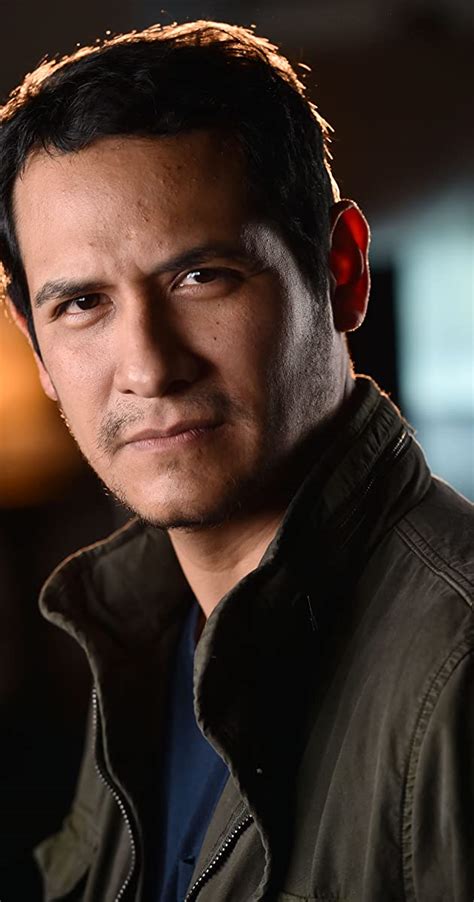A Quote by John F. Kerry
Politics has always been the art of the possible. Today it's too often the art of the probable - tinkering around the edges without any greater vision, without a sense of optimism and imagination.
Related Quotes
As a composer, I believe that music has the power to inspire a renewal of human consciousness, culture, and politics. And yet I refuse to make political art. More often than not political art fails as politics, and all too often it fails as art. To reach its fullest power, to be most moving and most fully useful to us, art must be itself.
I think imagination is at the heart of everything we do. Scientific discoveries couldn't have happened without imagination. Art, music, and literature couldn't exist without imagination. And so anything that strengthens imagination, and reading certainly does that, can help us for the rest of our lives.
I was making my work as transparent as possible, without equivocations, without calling attention to itself, without apology. There's a lot of conventions in the art world that are not to be transgressed, but my economy of means doesn't abide by those strictures. There's no reason to abide by them. I don't have any vested interest in it.
My definition of art has always been the same. It is about freedom of expression, a new way of communication. It is never about exhibiting in museums or about hanging it on the wall. Art should live in the heart of the people. Ordinary people should have the same ability to understand art as anybody else. I don’t think art is elite or mysterious. I don’t think anybody can separate art from politics. The intention to separate art from politics is itself a very political intention.

